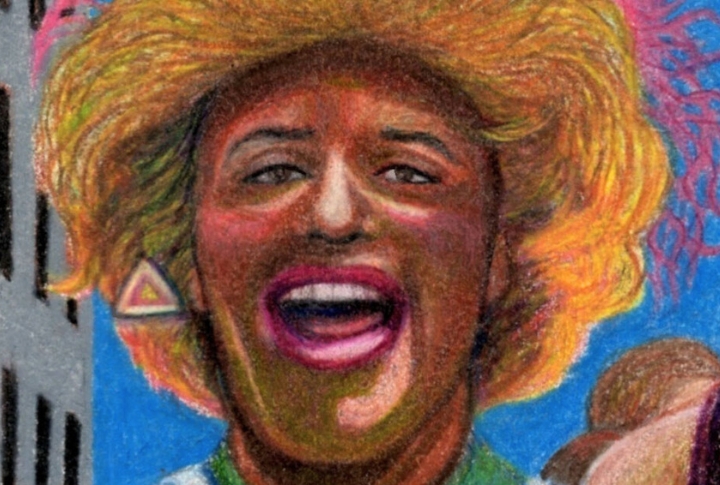
History often favors a few names while leaving countless others in the shadows. In that quiet space are people who shaped the world—some centuries ago, others within living memory. Innovators, rebels, and everyday heroes all played roles that mattered deeply. Despite this, their stories slipped away from the main narrative. Here are 20 people missing from the books, yet their legacies endure.
Ona Judge
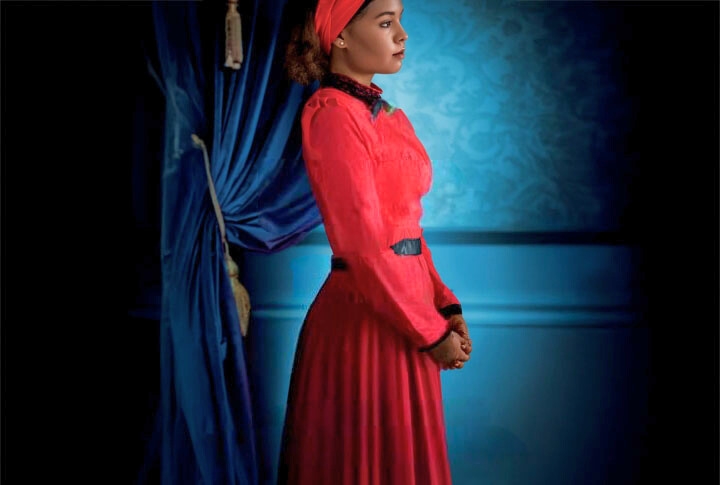
Relentlessly pursued after fleeing George Washington’s household, Ona Judge remained free for the rest of her life. She carved her path far from those who claimed to own her. Living over fifty years longer than Washington, she eventually gave rare interviews that exposed slavery’s brutality in striking detail.
Ignaz Semmelweis
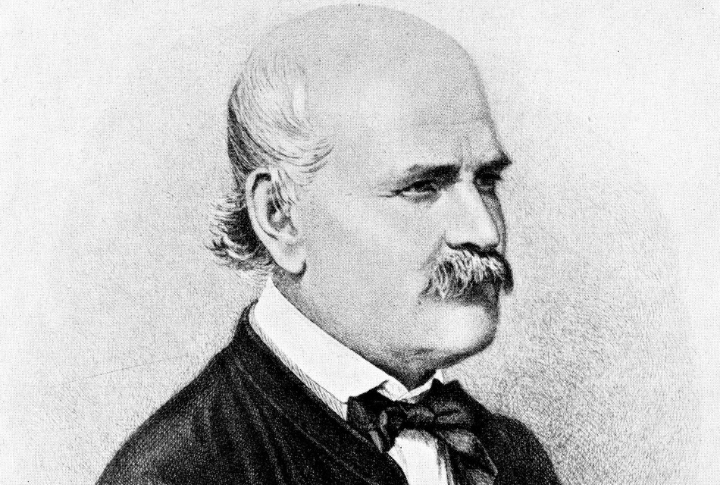
Ignaz Semmelweis worked in a crowded Viennese maternity ward when he saw the truth: handwashing prevented countless maternal deaths. Colleagues rejected his findings. Forgotten and condemned, he died in an asylum. Later, Ignaz was celebrated as the “Savior of Mothers” and a cornerstone in germ theory’s rise.
Claudette Colvin
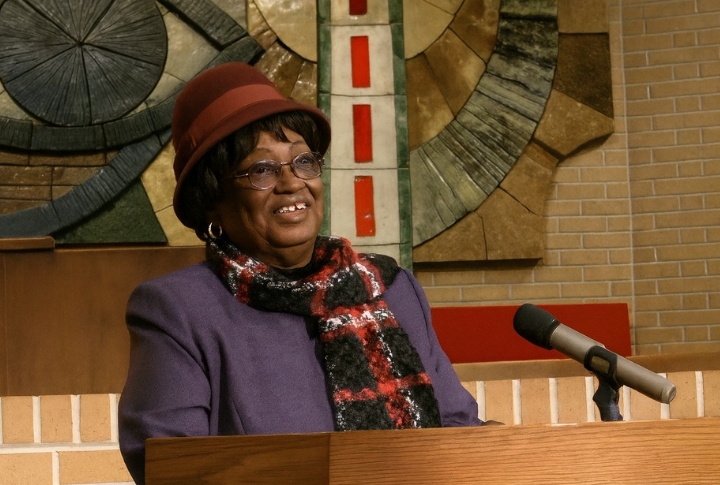
At just fifteen, Claudette Colvin refused to surrender her bus seat in Montgomery, months before Rosa Parks. She became central to the Browder v. Gayle case that struck down segregation. Claudette’s courage at such a young age made her one of the earliest sparks of the civil rights movement.
Yasuke
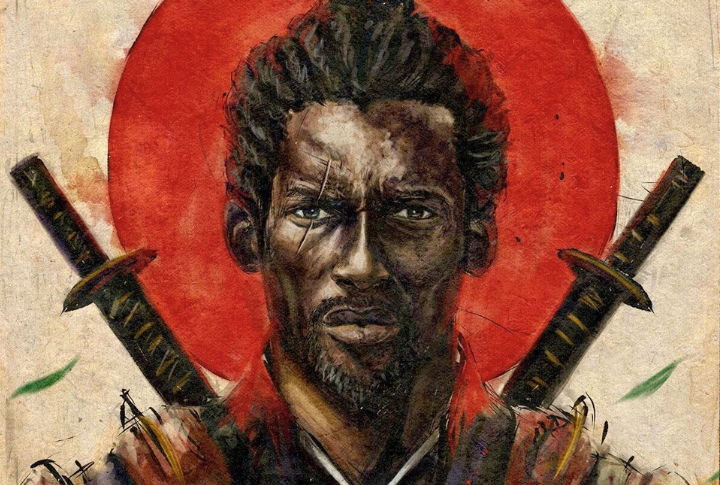
The story of Yasuke stands out in Japan’s 16th-century chronicles. An African warrior who earned the trust of Oda Nobunaga, he rose to become a samurai. Yasuke fought in decisive clashes and gained respect in a society unfamiliar with foreigners, though his remarkable story almost disappeared for centuries.
Juan Garrido
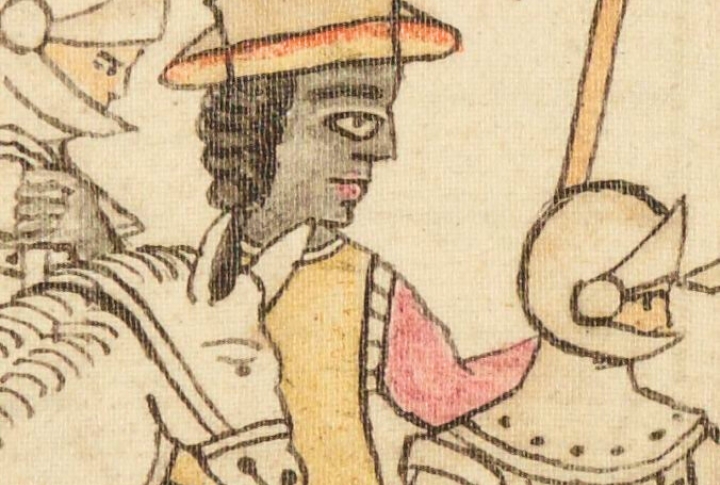
An African conquistador, Juan Garrido joined Hernan Cortes in the conquest of Mexico. His influence extended beyond the battlefield. He planted the first wheat in the New World, which shaped agricultural traditions and placed wheat at the center of regional diets for centuries.
Bass Reeves
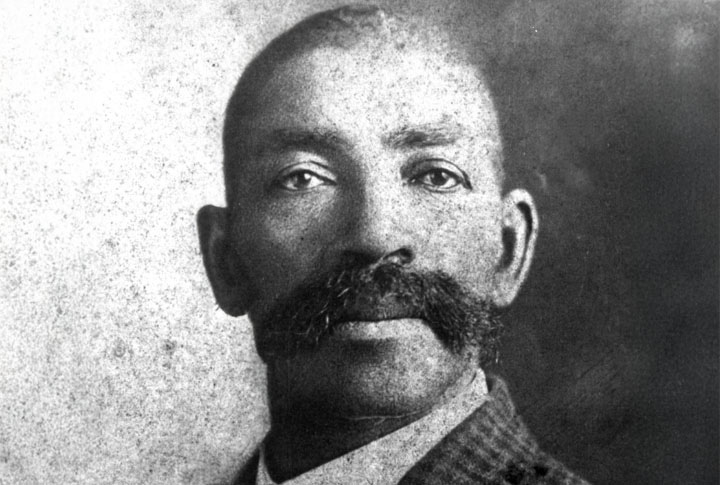
Over 3,000 arrests marked the career of Bass Reeves, one of the most formidable lawmen of the Wild West. Born enslaved, he escaped and served as a U.S. Marshal. Bass’s linguistic skill and fearless reputation are often linked to the origins of “The Lone Ranger” story.
Alice Guy-Blache
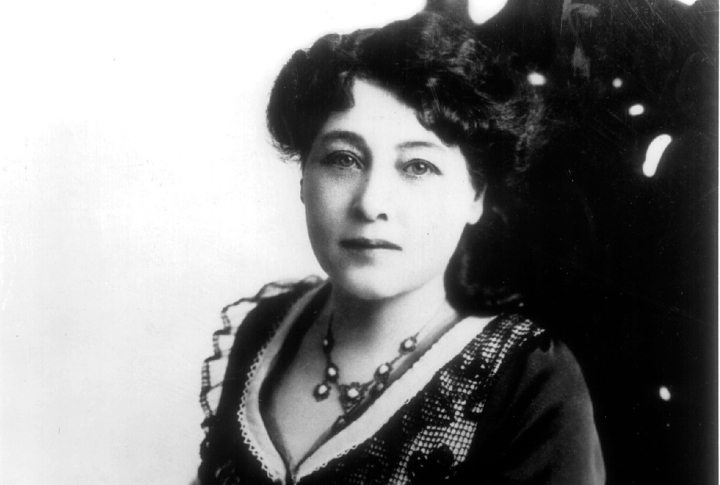
Alice Guy-Blache entered the world of film when it was still an experiment. She made over a thousand films, broke new ground with special effects, and ran a studio in the early 20th century. Decades passed before her pioneering work in cinema was finally acknowledged.
Mary Fields
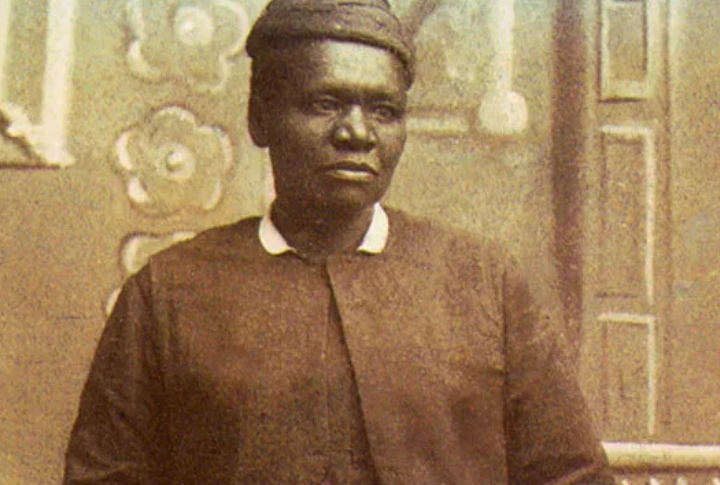
“Stagecoach Mary” Fields delivered the mail across Montana’s rugged frontier as the nation’s first Black postwoman. She met danger head-on, armed with a revolver and rifle to ward off both thieves and wolves. Her courage and charm made her a rare female presence in local saloons.
Anton Wilhelm Amo
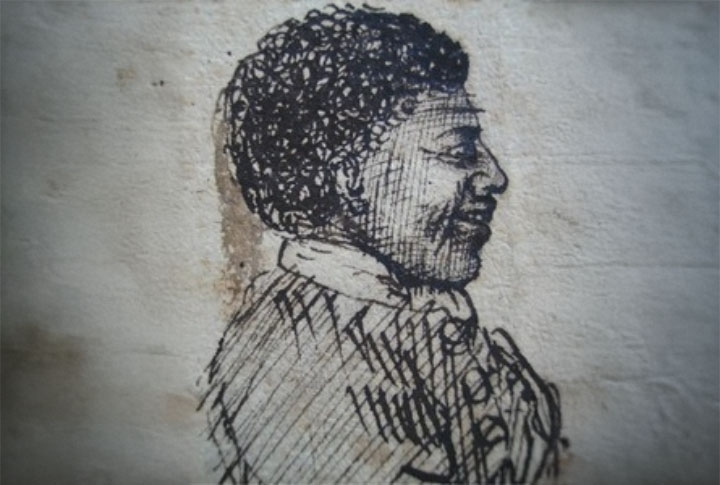
The 18th century saw Anton Wilhelm Amo rise to prominence in Germany as the first African-born philosopher to hold a teaching post at a European university. His ideas on human rights and reason challenged racial bias. Yet after returning to Ghana, his writings vanished from attention for centuries.
Mary Bowser
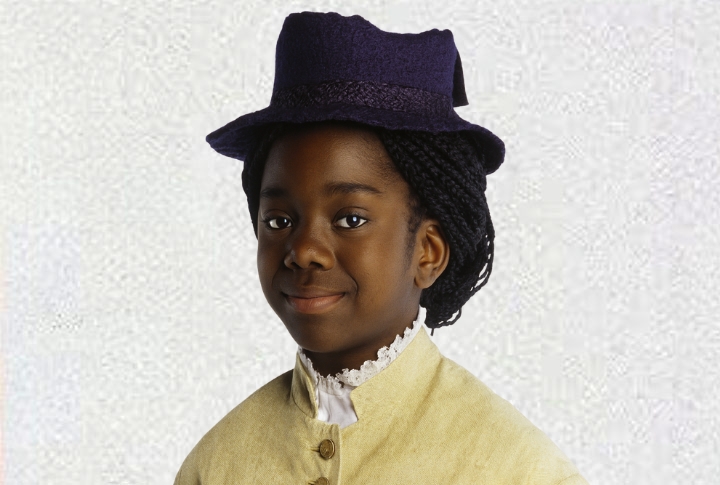
Inside the Confederate White House, Mary Bowser listened closely. Once enslaved, she became a Union spy with a photographic memory, relaying secrets hidden in plain sight. To protect herself, she later burned every record of her work and left behind a story built on aliases and extraordinary courage.
Tye Leung Schulze
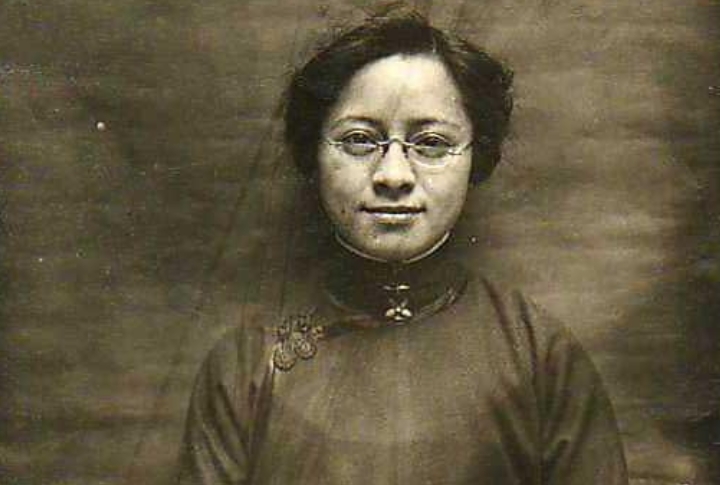
Tye Leung Schulze made history in 1912 at a San Francisco polling station. She was the first Chinese American woman to vote in the nation, and dedicated herself to helping women escape forced prostitution and translated in court. Unfortunately, Tye’s interracial marriage cost her the job she valued.
Vasili Arkhipov
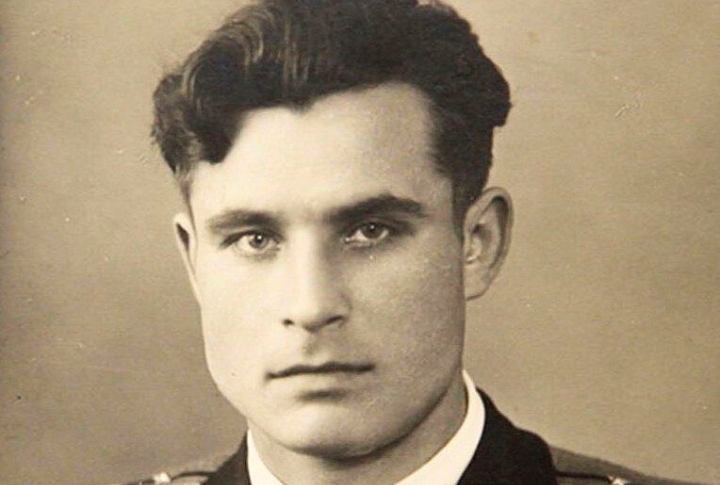
As tensions peaked during the Cuban Missile Crisis, Vasili Arkhipov sat inside a Soviet submarine while two commanders urged a nuclear strike. He refused, making a choice that may have altered history. Vasily stopped a conflict that could have ended millions of lives in nuclear devastation.
Marsha P. Johnson
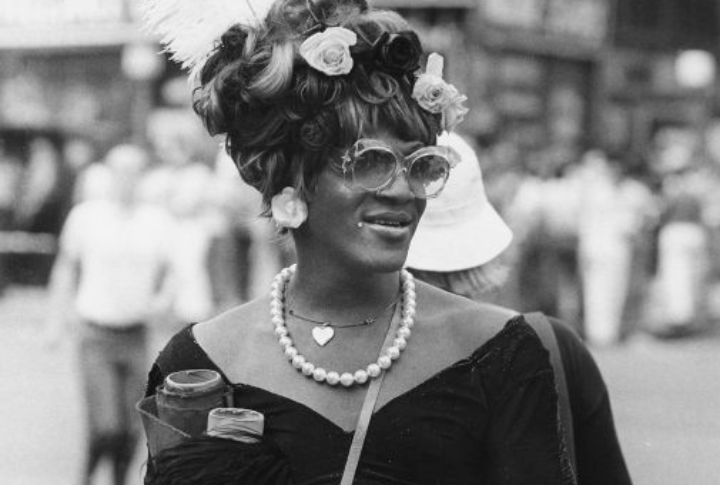
Marsha P. Johnson became a vibrant force in New York’s LGBTQ+ activism, known for her colorful drag and a name that stood for “Pay It No Mind.” She co-founded the Street Transvestite Action Revolutionaries to support homeless queer youth. Though Marsha’s death remains unsolved, her influence continues to resonate.
Jovita Idar
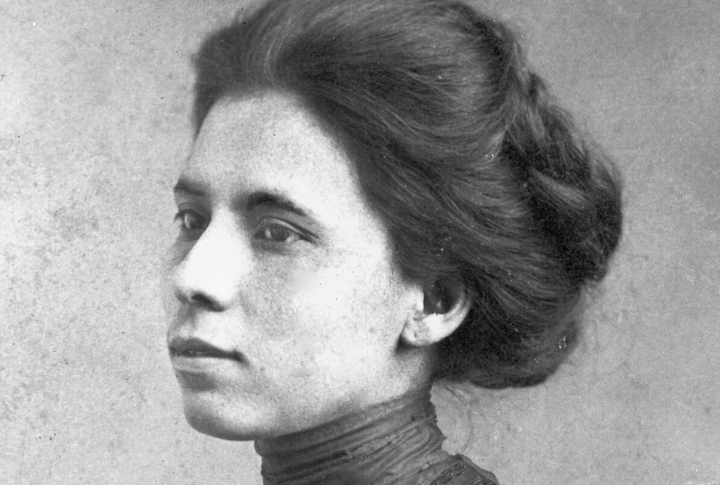
Early 20th-century Texas saw Jovita Idar rise as a fearless journalist who denounced both racism and U.S. interference in Mexico. She once physically barred Texas Rangers from shutting down her newspaper. Idar’s fight for progress continued when she created the League of Mexican Women to promote education and reform.
Dr. Charles Drew
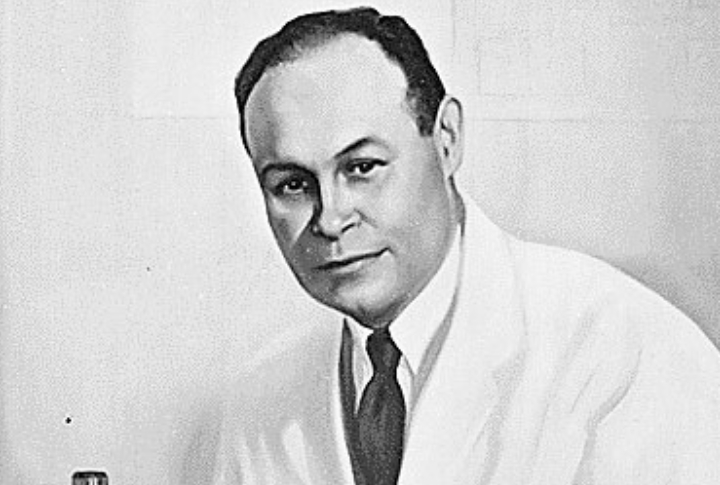
Blood banks as we know them trace back to Charles Drew, whose innovations in storage during World War II made lifesaving transfusions possible on a massive scale. He stood firmly against racial discrimination, resigning when blood donations were segregated. Tragically killed in a car crash, his legacy remains unmatched.
Gustav Whitehead
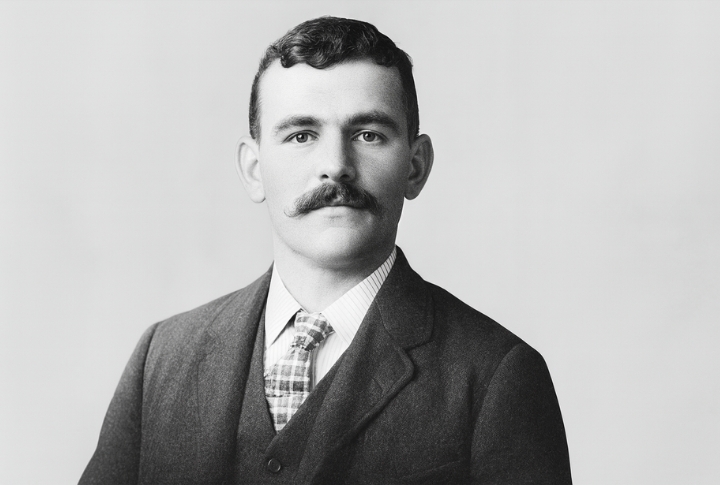
Reports from 1901 described Gustav Whitehead’s powered flight, taking place years before the Wright brothers’ achievement. He built advanced airframes and engines that were ahead of their time, yet official recognition never came. The claim remains under examination by historians exploring aviation’s earliest developments and disputed origins.
Tomoe Gozen
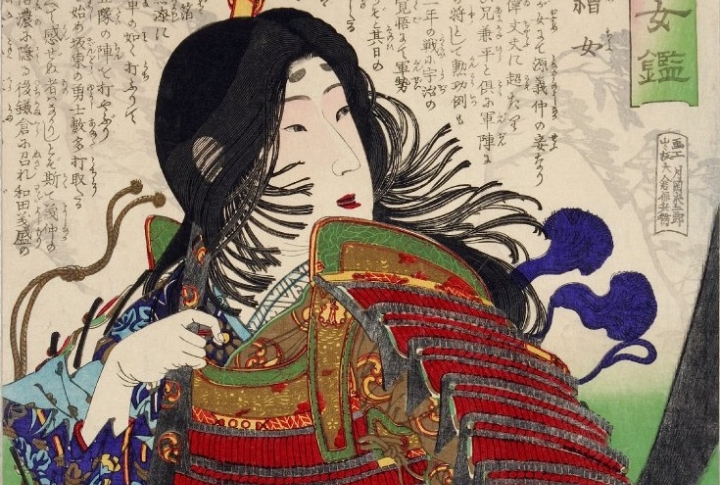
Tomoe Gozen carved her name into Japanese history during the Genpei War of the 12th century. A skilled samurai, she commanded troops and even bested generals in single combat. Her battlefield presence defied the norms of her age and secured her reputation as a warrior of unmatched courage.
Phillis Wheatley
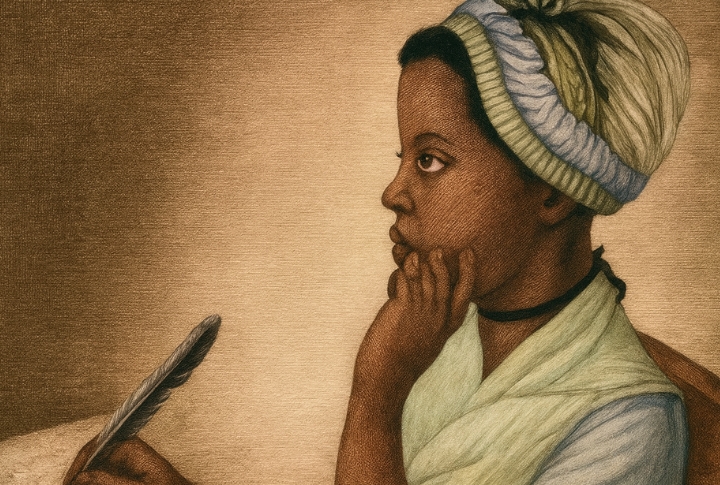
Taken from Africa at seven, Phillis Wheatley learned English swiftly and became the first African American woman to publish a book of poetry. Even George Washington praised her work. Despite recognition in her lifetime, she died in poverty, and her extraordinary talent was largely ignored for generations afterward.
Fanny Eaton
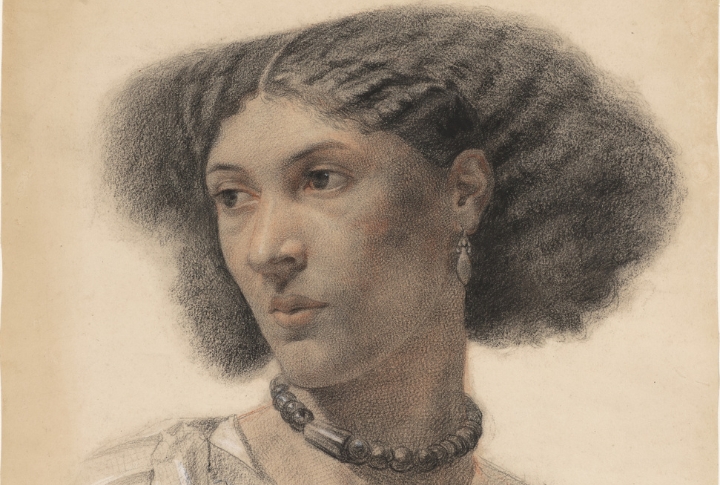
The Pre-Raphaelite Brotherhood reshaped Victorian art, and among their muses stood Fanny Eaton. As a Jamaican-British model, her striking presence challenged rigid cultural ideals. She posed for Rossetti, Solomon, and others, though her name disappeared from records. Misattributions kept her contributions hidden well into the modern era.
Bessie Coleman
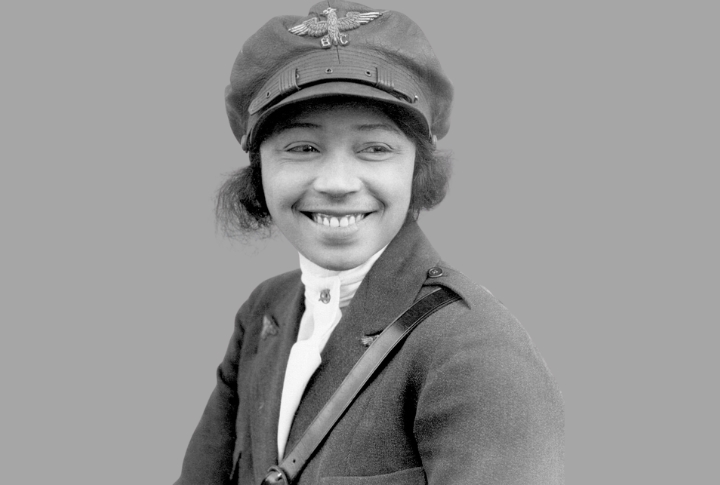
Denied entry into U.S. flight schools for being both Black and female, Bessie Coleman found another path. She learned French, traveled to Paris, and earned her license as the first African American woman pilot. However, at only 34, her pioneering career ended tragically during a test flight accident.

